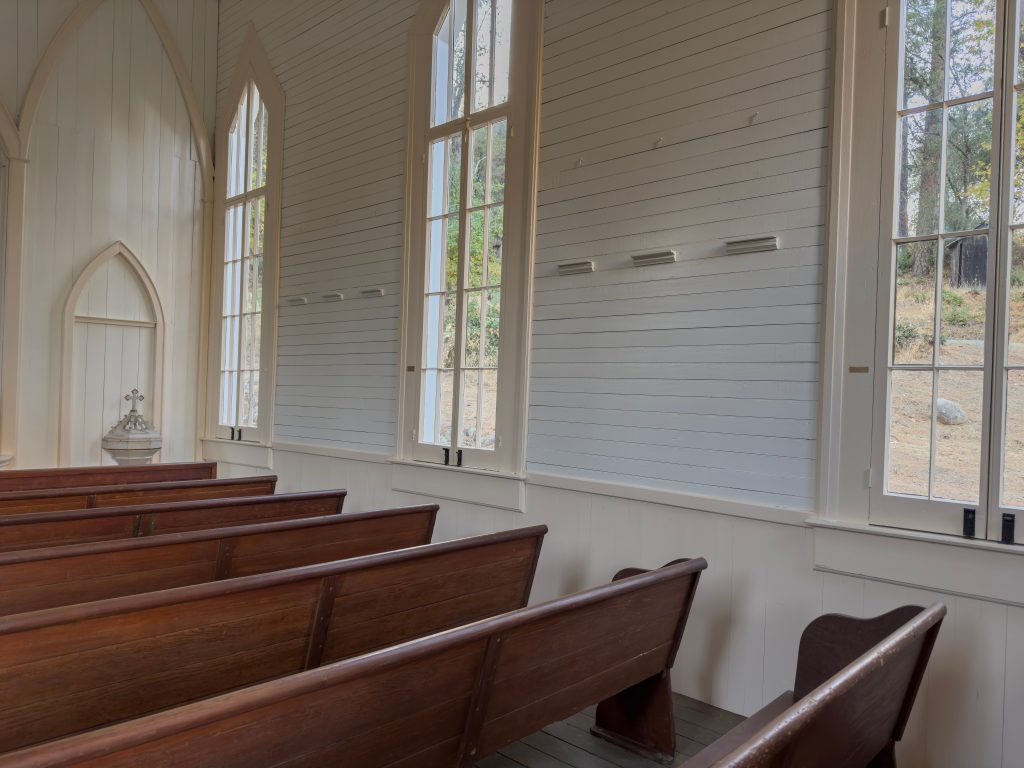
A Call to Step Back, Not Just Step Out:
Spiritual margin is a concept we don’t talk about enough in today’s fast-paced Christian culture. In a world that often equates hustle with holiness and busyness with purpose, the quiet gift of margin can feel countercultural. But spiritual margin is not about doing less for the sake of less; it’s about creating space to encounter God more fully. It’s about recognizing the grace of boundaries and embracing the slower, quieter rhythms of faithfulness that allow our souls to breathe. In this post, we’ll explore what it means to live within the boundaries God has drawn for us, and how spiritual margin becomes a path to peace, presence, and purpose.
“The boundary lines have fallen for me in pleasant places; surely I have a delightful inheritance.” (Psalm 16:6)
There’s something deeply restful in this verse from Psalm 16. The language is simple, but the truth it holds is layered and rich. Boundary lines. Pleasant places. Inheritance. These are not just poetic words, they’re spiritual realities we often resist.
In a culture (and even a church culture) where constant motion is equated with faithfulness, the idea of spiritual margin can feel counterintuitive. We’re taught to “step out,” to hustle for the Kingdom, to do more, be more, give more. But what if faithfulness, for many of us, looks more like staying within rather than stepping out? What if God’s invitation is to be still rather than strive?
Psalm 16 paints a picture of someone whose heart is anchored in the goodness of God. In verse 2, the psalmist says, “Apart from you I have no good thing.” That’s the beginning of margin: recognizing that our value, purpose, and provision come from Him alone. We don’t have to manufacture spiritual success. We just have to abide.

Spiritual Margin: Boundaries as Grace
We tend to treat boundaries as limitations. But spiritual boundaries, those God ordained lines in our lives are not restrictions. They are grace. They are gifts meant to protect our peace, preserve our focus, and point us back to dependence.
We see this in Psalm 16:5 as well: “Lord, you alone are my portion and my cup; you make my lot secure.” Boundaries create security. They let us stop grasping for more and rest in what’s already been given. They help us to say with peace, “This is mine to tend and that is not.”

The Temptation of Spiritual Performance:
Many of us, especially those of us who care deeply about honoring God are vulnerable to spiritual performance. We want to be used by God, which is good. But that desire can easily mutate into striving, comparison, and the pursuit of visibility. Suddenly, we’re doing things for God that He never asked us to do. We’re crowding our schedules and hearts with obligations that may look spiritual but are draining us of actual communion with Him.
There’s a lot of talk in Christian circles about “stepping out.” And sometimes, yes, obedience requires bold action. But other times, obedience looks like being still and trusting God to work in the quiet, the hidden, and the slow.

Spiritual Margin: Be Still and Know
Psalm 46:10 says, “Be still and know that I am God.” It’s a verse I return to often. Stillness is not passivity. It’s a discipline. It’s an active choice to surrender our pace, our plans, and even our spiritual ambitions. Stillness creates space for knowing, truly knowing that He is God and we are not.
This ties directly into spiritual margin. Margin is not laziness or apathy. It’s an intentional yielding. It’s recognizing that we are finite and that we honor God not just through action, but through rest and restraint.

Listening in the Stillness:
Stillness doesn’t just give us room to rest, it gives us space to hear. Sometimes God speaks in thunder and fire, but often His voice comes like it did to Elijah: not in the wind, not in the earthquake, not in the fire, but in a gentle whisper. That kind of voice is easy to miss in a cluttered, overextended life.
Spiritual margin creates the quiet we need to recognize God’s voice. It is in the stillness, not the noise, where we often learn to discern His leading.

Living Within the Lines:
What would it look like for you to live within the boundary lines God has drawn for you, trusting that they are pleasant, not punitive? Where are you overextending yourself because you think more = more spiritual? Where might God be asking you to pull back, create space, and rediscover His presence in the margins?
Our inheritance isn’t found in overreaching. It’s found in abiding, in resting, in living faithfully within what’s ours to carry.
The boundary lines have fallen for you in pleasant places, not because you earned them, but because He is good. And if He is good, and withholds no good thing from those who walk with Him (Psalm 84:11), then even the boundaries He draws around our lives are good.
Maybe instead of praying for increased capacity, we should be praising Him for these parameters. Maybe the very limits we push against are the loving lines that protect us, form us, and keep us close to His heart.
Let’s not confuse performance with obedience. Let’s reclaim the gift of spiritual margin.
Let’s honor the boundaries He has drawn, not as limits to resent, but as grace to receive.

Prayer:
Lord,
Thank You for the boundary lines You’ve drawn in my life. Help me to see them not as limitations but as loving invitations to trust You more deeply. Quiet the noise around me and within me so that I can hear Your voice clearly. Teach me to live from a place of rest, not striving; from surrender, not fear. Show me what is mine to carry and give me the courage to release what is not. Let my life reflect a steady trust in Your goodness, even in the quiet, hidden places. Amen.
Thank you for joining me today. I appreciate your support. If you would like to explore more on margin, especially as it relates to homeschooling and stewarding your time, please read my post titled, To Whom Much is Given:Stewardship in Homeschooling- How Homeschooling Moms Can Become Better Stewards of The Gifts and Responsibilities God Has Given Us.


Leave a Reply